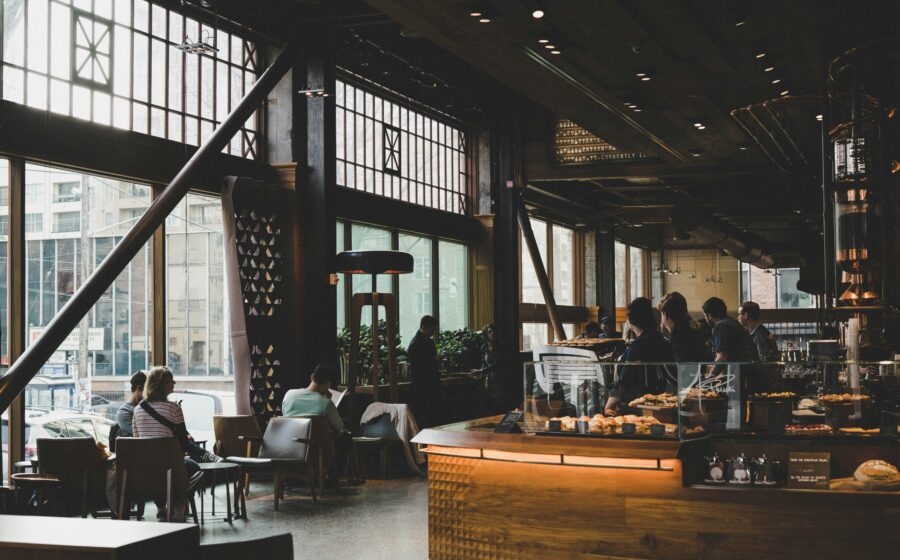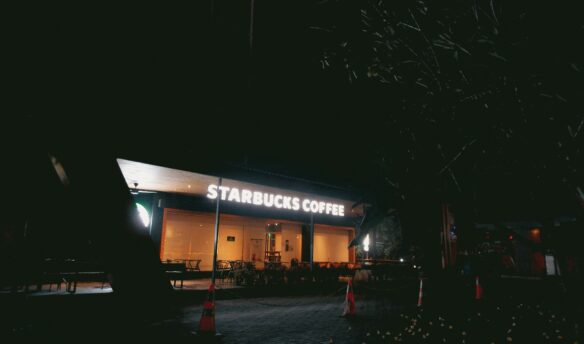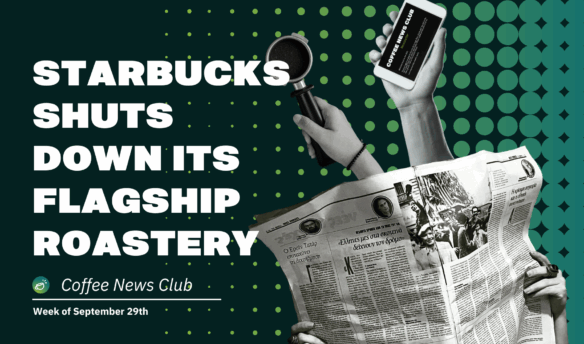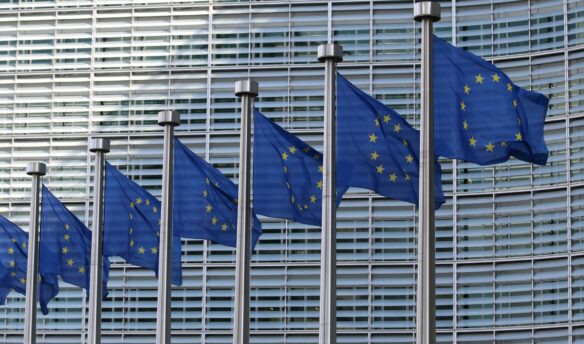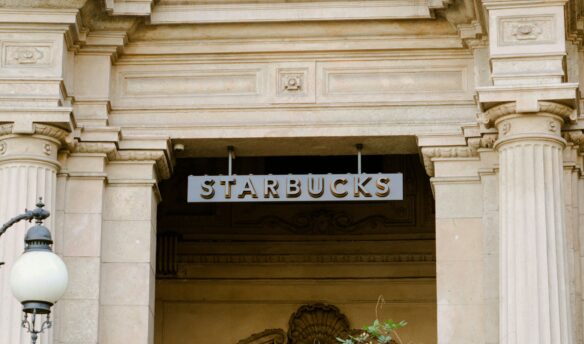✉️ This story was featured in this week’s Coffee News Club
👋 Get the Coffee News Club newsletter in your inbox weekly—sign up.
It’s been a chaotic week for the coffee industry. United States President Donald Trump announced a series of tariffs on goods from almost every coffee-producing country, only to pause their implementation (save for China) almost immediately after they were set to begin. Trump paused most of the tariffs for the next 90 days, although there’s still a 10% baseline tariff for nearly every country the United States trades with.
Last week, we reported on how tariffs will impact actors across the supply chain, and while the change of course gives the industry some breathing room, the turmoil has left companies scrambling to respond. One immediate consequence is that many U.S. coffee shops are beginning to raise their prices.
Tariffs are taxes levied at the point of entry and paid by the importer (not, as Trump has claimed, by the exporting country). These increased costs are generally passed on from the importer to the buyer to, ultimately, the consumer. As Morgan McFall-Johnsen and Jordan Hart report for Business Insider, many coffee companies are raising prices to offset projected increased costs.
Even without the additional tariffs, the 10% blanket tariff is already throwing coffee companies into uncertain waters. Chris Kornman, director of education for the importer Royal Coffee, told McFall-Johnsen and Hart that the 10% tariff “erases our entire profit margin if we absorb it.”
The Crown, Royal’s coffee shop in Oakland, California, added a 50-cent increase to most of its drinks in response to the tariffs. Others have followed suit: McFall-Johnsen and Hart report that cafes across the country have either upped prices or are considering it. “Our coffee supplier needed to raise their wholesale price, and in order to make our ends meet, we need to respond by raising our coffee prices,” Illinois-based cafe The Wakery wrote on Facebook.
Another coffee company, Tasa Coffee Roasters in Chicago, increased its prices in February because of rising costs. If Trump’s full tariff plan goes into effect in 90 days, they’ll need to do so again. “It’s almost a guarantee,” co-owner Pierre Marquez said.
Read the full story from Business Insider here.



